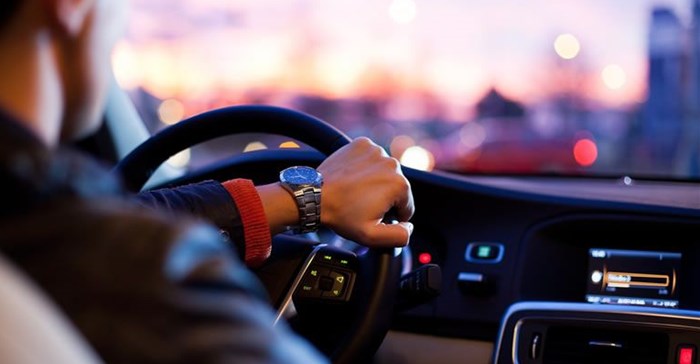
Such initiatives are futile as long as enforcement of the current drinking and driving legislation is not carried out to the full extent of the law.
Instead of channeling budget into anti-drinking and driving advertising campaigns, alcohol brands should rather look at sponsoring the enforcement of road safety laws, if their intention is, as they claim, to promote consumer safety.
Vague and pervasive, the “Drink Responsibly” message featured in alcohol advertisements neglects to explain what safe drinking entails, promoting instead consumer loyalty to the brands positioned alongside such slogans.
In relying on the “Drink Responsibly” message, the alcohol industry seeks to excuse itself from alcohol-related harm that results from heavy and even moderate drinking.
To be effective, health warnings need to be specific if they’re to lead to changes in behaviour.
If the intention is to warn people against something, it needs to be clear what they’re being warned against and why.
“Drink Responsibly” does not give people enough information to be considered a health warning. Given that alcohol is inextricably associated with crime, violence, sexual assault, and other high-risk behaviour, the use of “Drink Responsibly” messages to increase the credibility of major alcohol companies should be a massive cause for concern.
Whether it’s the safety or marketing department, the focus needs to be shifted to where it belongs - enforcing the law, rather than glamorising behaviour that contravenes the law, or desensitising consumers to the quantifiable dangers of drinking and driving.
“Drink Responsibly” is not saving lives, so it’s time to switch tactics.
It’s time for alcohol manufacturers to take responsibility for and acknowledge the danger their products pose to society and take genuine steps to counter the harm caused in a manner that is not disingenuous.
Such steps could include awareness campaigns or initiatives that seek to educate the population about the effects of alcohol on the body, in relation to the specifics of drinking and driving legislation.
Much of the population is unaware of what it means to be over the legal limit, and how many drinks it takes to impair one’s ability to drive. According to law, a driver’s blood may not have an alcohol content of more than 0.05% per 100ml of blood. The legal breath alcohol limit is less than 0.24mg in 1,000ml of breath.
This means that even after just two drinks, an individual could be over the limit. More than two 350mls of beer or two single tots of spirits could put a person over the limit.
It is important to note that it takes an hour for the body to process a single unit of alcohol.
A person who drinks heavily could even test positive after eight hours.
Furthermore, education needs to start at a much younger age. Educational campaigns at schools are necessary to inform the youth of the dangers of underage drinking (including the fact that underage drinking is a crime), and what responsible behaviour looks like.
Drunk driving is one of the biggest dangers on South African roads. Research shows that 50% of people who die on the road have a blood alcohol concentration of above 0.05 gram per 100 millilitres.
Alcohol marketing departments need to truly focus on encouraging “responsible” consumption and find more meaningful ways to champion the cause.
This could include sponsoring training for the police officers tasked with upholding and enforcing the rules of the road.
Such measures could extend to funding the correct equipment for roadblock alcohol testing of motorists, ensuring that there is an adequate supply of breathalysers and testing apparatus and that officers are properly trained in their use and educated on the effects of alcohol on the body, and how the body works to process alcohol.
If police officers were properly trained to use testing equipment, this would make it easier to effectively prosecute individuals who contravene the law by drinking and driving. If testing is carried out by an officer who has the correct training, such evidence is less likely to be dismissed in court.
In 2015, it was reported that 44,526 cases of drunk driving had been withdrawn from South African courts for reasons including the incompetence of officials at various stages of the investigation, inappropriate blood sample retention and storage, and invalid sample analysis.
Consumer safety should not be a marketing gimmick.
To ensure that South African roads are safer and to effectively prevent unnecessary deaths of road users, government needs to take a more robust approach to the legalities involved in alcohol advertising, taking a similar approach to the advertising of cigarettes and tobacco products.
Alcohol brands with marketing entities have a moral and legal responsibility to acknowledge the dangerous role their product can play in society and take genuine steps to rectify the situation.
Merely informing consumers to ‘drink responsibly’ is no longer enough to discharge this responsibility.